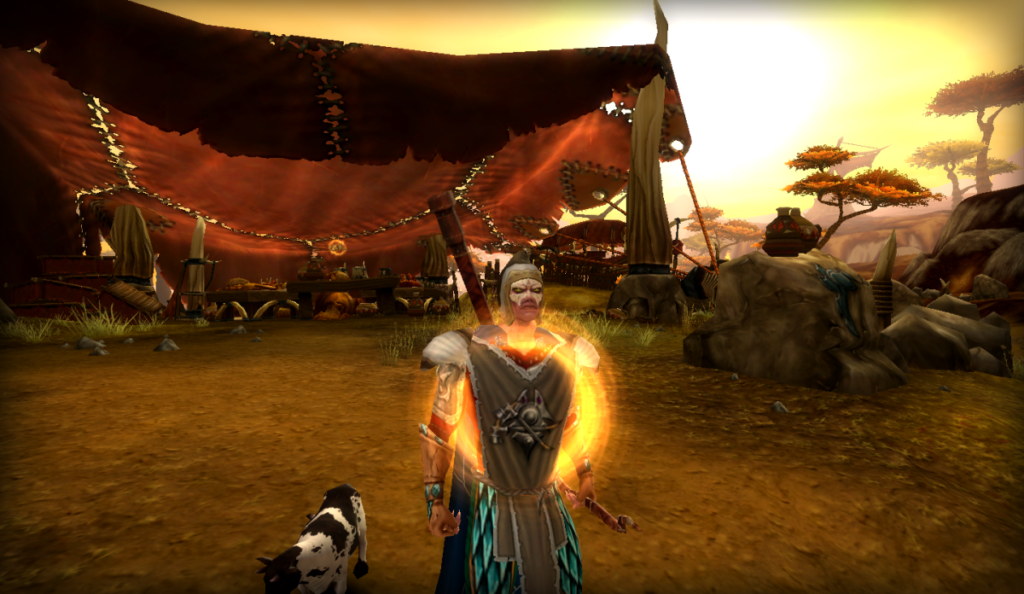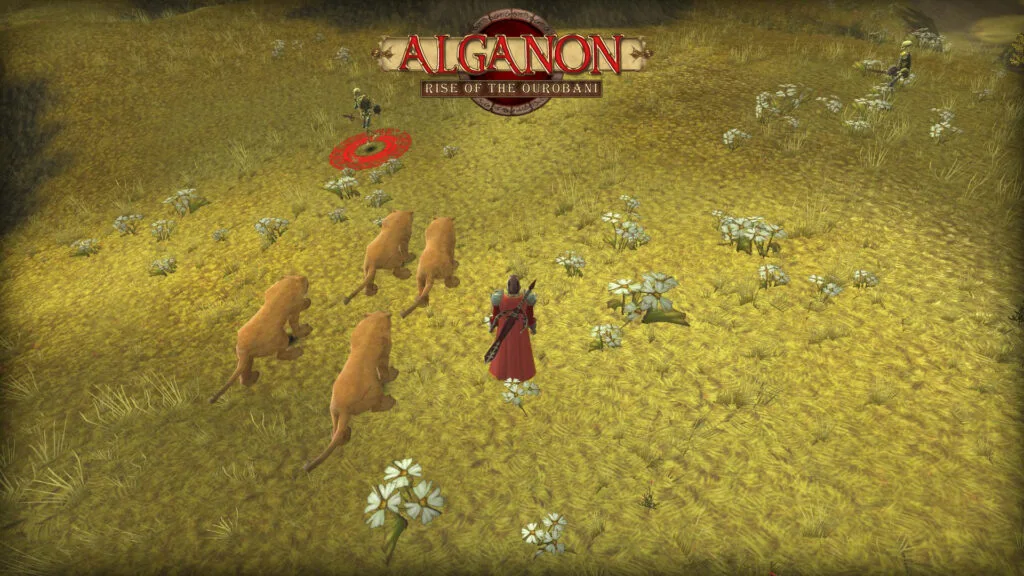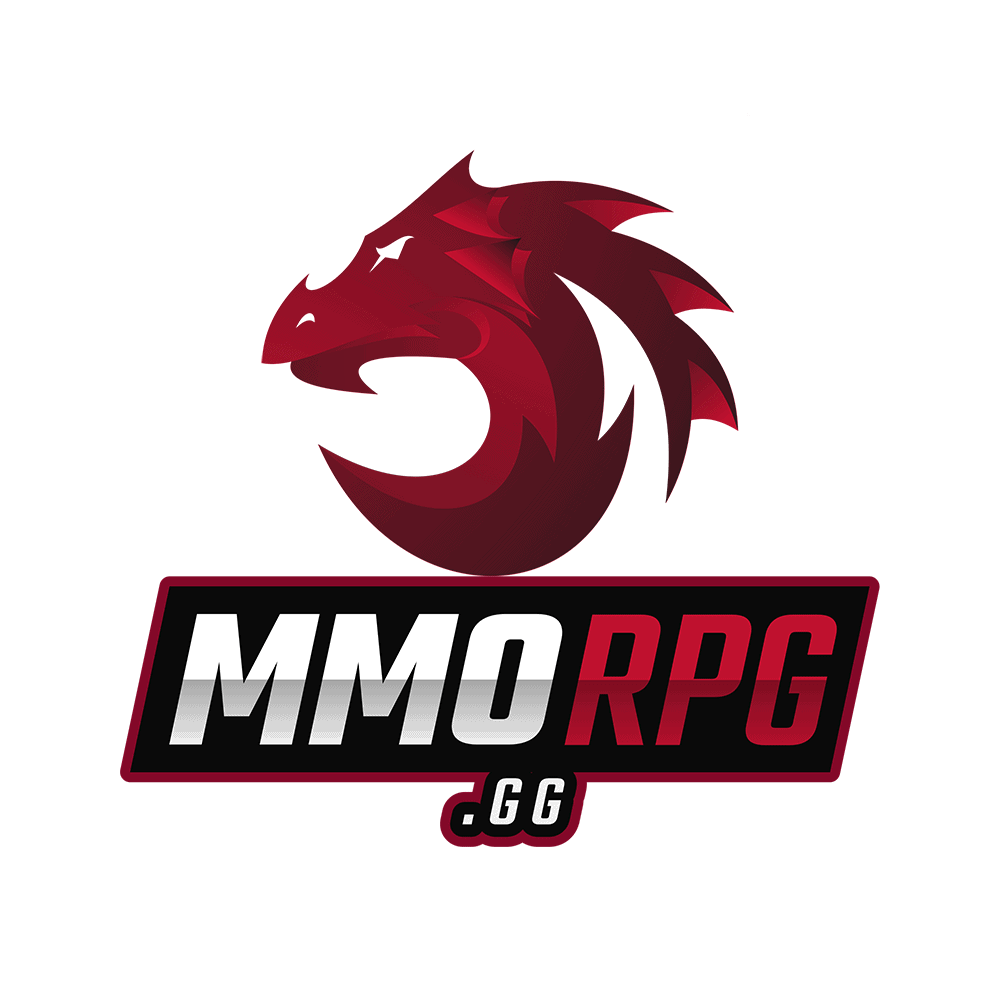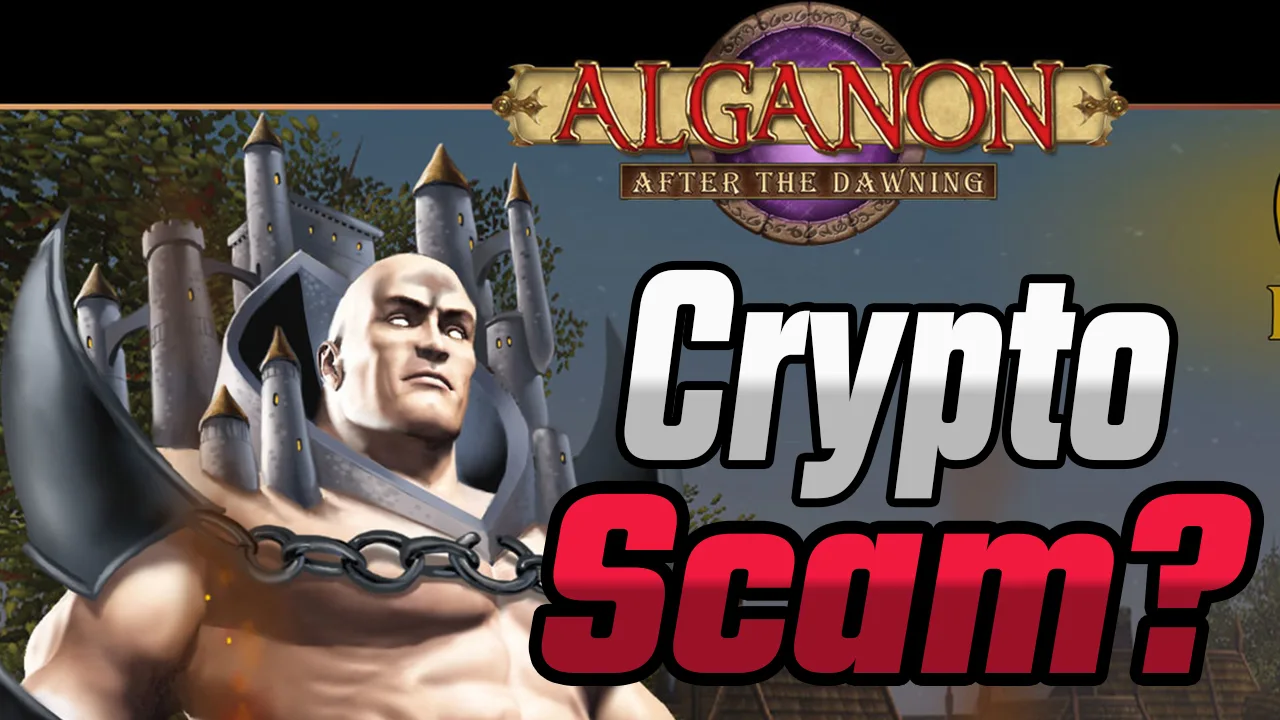After a turbulent history and a long period offline, the fantasy MMORPG Alganon seems to be making a comeback. Alganon, originally launched in December 2009, faced significant challenges right from its inception, earning notoriety for its similarities to Blizzard’s World of Warcraft, both in aesthetics and gameplay mechanics.
Developed by Quest Online and initially led by David Allen, the game was quickly criticized for its buggy performance. Following a controversial leadership change that saw Allen replaced by Derek Smart, Alganon underwent a relaunch in 2010. This move, however, did not do much to stabilize its standing in the gaming community.
David Allen later accused Smart of running a “smear campaign” against him shortly after Smart was hired as a consultant to boost Alganon’s market visibility. Allen accused Smart of attacking his credibility and professional integrity, both privately among investors and publicly through various online platforms.
Allen took legal steps by filing a civil action in Maricopa County Superior Court to address the alleged defamation and other related issues. The case ended in a settlement.

Even as the game aimed for a fresh start, the re-launch was overshadowed by further controversy when promotional materials for Alganon drew accusations of plagiarism, echoing nearly verbatim the language used in press releases for other well-known games like BioWare’s Star Wars: The Old Republic.
Under Derek Smart’s stewardship, the game managed to operate until November 2017, despite ongoing challenges and controversies. The prolonged run saw periods of stability interspersed with ongoing criticism and management issues, reflecting a continuous struggle to maintain player interest and financial viability.
Ultimately, the servers for Alganon were shut down in November 2017, signaling what many believed to be the end of its journey. As weeks turned into months without updates, the likelihood of Alganon’s revival dimmed, casting a long shadow over its future.
In an unexpected turn of events, Alganon has resurfaced, heralding a new chapter for the beleaguered MMORPG. In August 2022, the official Steam page excitedly announced, “We’re back, baby!” indicating a revival of the game, though not in its traditional form. The relaunch comes after Quest Online was acquired by Smart’s company “3000AD”, which led to the game being taken offline to facilitate a migration to a new datacenter and the consolidation of servers.
The ambitious plan did not aim to restore Alganon in its original state. Instead, there was a shift towards modernizing the infrastructure, moving from bare-metal servers to cloud servers, and broadening the game’s reach beyond North America. This included localizing assets for a global audience and implementing visual upgrades, some of which had begun with the 2015 expansion pack The Dawning and Rise Of The Ourobani..
However, these plans did not proceed as smoothly as hoped. Despite attempts at forming partnerships to facilitate these upgrades and a broader release, none materialized. The developers then considered various scenarios, even contemplating selling the game. In 2021, a new opportunity arose that reignited efforts to revive Alganon, though details of this opportunity have not been disclosed.
For now, fans can view their character stats and catch up on game news through the MyAlganon portal. While the full game is not yet accessible, the updates on social media and the forthcoming new website are expected to keep the community informed.

According to the latest update from the game’s Steam page, the developers at 3000AD are targeting an invite-only alpha access by the end of 2024, setting the stage for a full public release in 2025.
As Alganon prepares for its re-release, not all reactions from the gaming community have been positive, to say the least. Recent discussions within the community have highlighted a wave of skepticism, particularly concerning Derek Smart’s involvement and the potential integration of cryptocurrency and Web3.0 elements into the game. Some community members speculate that the revival of Alganon could be a facade for more dubious ventures, such as a crypto or NFT-related fraud scheme.
Derek Smart, whose controversial past in the gaming industry precedes him, has not helped quell these suspicions. Known for his involvement in various gaming controversies, including a longstanding feud with Chris Roberts over Robert’s game Wing Commander in the early 90s which Smart claimed had stolen features from his game Battlecruiser 3000AD. The feud continued over Star Citizen two decades later. His recent interests in the cryptocurrency and Web 3.0 space have only added fuel to the fire, with some gamers recalling his claims of significant financial success in crypto, raising concerns about his intentions for Alganon.
Smart also has a long history of internet drama going back to the 90s, which includes an altercation with a game director at Take Two, who had published his game Battlecruiser 3000AD, which rumor has it, ended in Derek attacking a Coca-Cola machine in the hallway. This started an event in internet history known as the FlameWar, in which over 60.000 posts across the internet had gamers attacking Battlecruiser 3000AD and Derek, while he attacked them back and threatened with lawsuits, got accused of racism, lied about having a P.H.D. and being a member of Mensa.
In the early 2000s, the drama surrounding Derek Smart continued as he yet again sued a publisher of one of his games titled “Universal Combat” after the publisher cut the price of the game in half while claiming the game wasn’t worth the 40 dollars the parties had agreed upon before launch.
Given the historical pattern of overpromising and underdelivering that has plagued Alganon since its inception, along with Derek Smart’s history in video games, there is little to suggest that this latest chapter will be any different. The extensive rebranding efforts and promises of major upgrades are overshadowed by the game’s failure to establish a stable or compelling presence in the past. The skepticism isn’t just warranted; it’s a natural response to a saga that has too often ended in disappointment.

